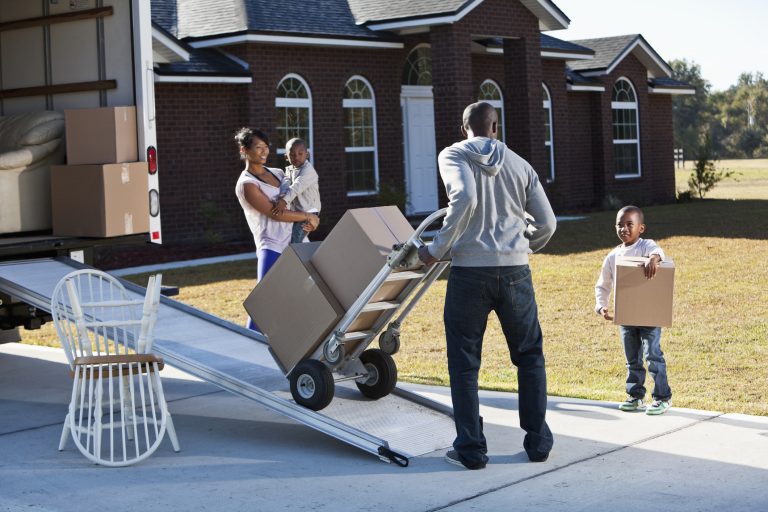It’s no secret that moving home can be expensive and there are multiple costs involved. While it’s impossible to avoid them all, especially when there are factors such as legal fees and mortgages involved, there are a few ways you can budget for the big move.
Budgeting is especially important if you want to save up for those new-home essentials. So, we’ll explore what to take into consideration before and during the move to make buying or renting a new house as manageable as possible.
The new home
It’s vital to consider potential costs such as furnishings, repair work or servicing. This might be more straightforward if you’re renting, as the landlord will usually take care of maintenance. But you might still need to budget for large furniture items such as sofas, chairs, tables and beds.
If you’re buying a home, make sure you know the condition of the house, especially factors such as the boiler, electrics and roof. A home survey will normally highlight any issues. Problems in such areas can be costly, so you’ll need to budget properly.
Declutter
Decluttering beforehand will free up space (and your budget) come moving day. Take time to carry out a thorough clear-out, focusing on one room at a time. Dispose of or donate unwanted items or try and make a few pounds by selling goods online. Any money you do make can be put towards the move.
If you’re struggling to get rid of things, make an essentials and non-essentials list; consider whether you’ve used the items in the past year to help you figure out where to place them.
Hiring professionals
Unless you have access to a van and some extra bodies, it might be wise to hire a professional removal company, particularly if you have several large or heavy items. Investing in proper help can ensure your move goes without a hitch, leaving you to focus on organising at the other end.
It’s important to choose a reputable company and ideally get a few quotes before deciding on one.
Packing materials
Storage boxes can be costly, especially if you need quite a few. Consider asking local supermarkets and stores if they have any spare produce boxes or speak to friends and family who also might have recently moved home.
Get creative when it comes to packing delicate items. Use blankets, pillows and sheets to keep breakables sturdy during the move instead of spending money on extra packaging. Don’t forget to label your boxes to make it easy to identify items at the other end.
A final tip for moving day is to have one box to hand that contains everything you’ll need for the first night so you don’t have to rifle through endless boxes to find your essentials.

